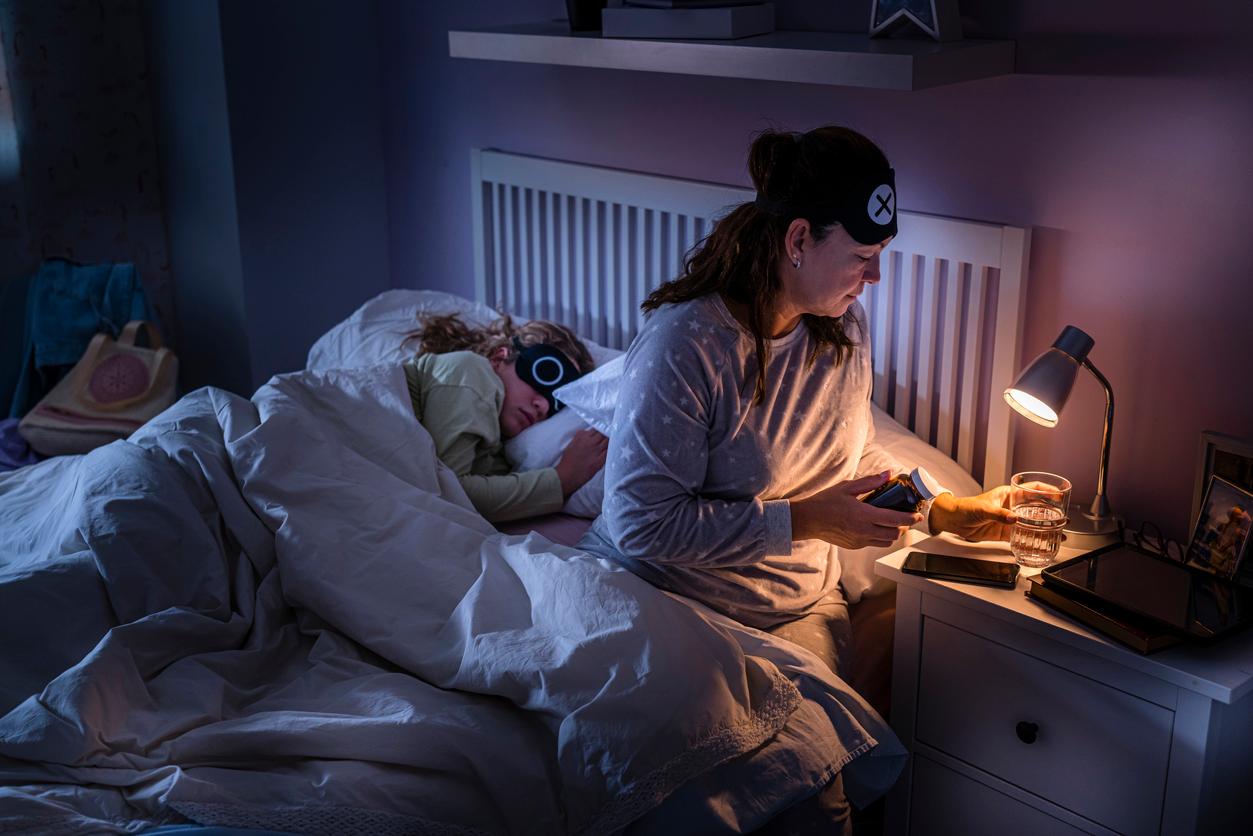This Is the Best Time to Take Your DHEA Supplement
"People with higher DHEA levels are more likely to wake up feeling rested, rejuvenated, and ready to hit the day with energy."
Published April 15 2024, 1:27 p.m. ET

Ever in search of the perfect array of supplements to ward off chronic illnesses and diseases, many are wondering if they should turn to DHEA as a boon to their nighttime routine. Taking dietary supplements at specific times of day may be crucial to enhancing their efficaciousness and avoiding unwanted symptoms.
It is critically important to consult with your primary care doctor, a pharmacist, and related medical specialists to ensure that adding any supplement to your diet won't interact adversely with current medications you're taking; receive guidance to avoid foods in your diet that may affect the absorption of the supplement; and to confirm that the supplement is safe for any existing medical conditions.
That being said, read on to learn more about the DHEA supplement and what time of day experts recommend taking it.

What is DHEA?
According to Mount Sinai, DHEA is an acronym for the tongue-tying hormone called dehydroepiandrosterone. DHEA is produced naturally by the human body in the adrenal glands, and the body produces the sex hormones androgen and estrogen from available DHEA in the body.
Per Mount Sinai, DHEA production peaks around age 25 and, by 70-80 years old, DHEA levels will have reduced significantly, typically around 10-20 percent of a young adult's levels.
Because lower levels of DHEA in older adults are thought to be associated with diagnoses like osteoporosis, breast cancer, and heart disease, to name a few, researchers and patients alike wonder if adding the synthetic DHEA found in supplements may aid in the prevention of these illnesses or as part of a treatment regimen for them.

Why do some people take DHEA at night?
According to the Twist 25 DHEA cream website, DHEA is considered a natural alternative to sleeping pills and other medical interventions to aid in improving sleep hygiene. Citing published research in the journal National Center for Biotechnology Information, the increased DHEA may aid in balancing hormones in the body, which in turn could improve one's ability to sleep well through the night.
"DHEA has been shown to by clinical research to allow deeper REM sleep," according to the Twist 25 website, adding that "people with higher DHEA levels are more likely to wake up feeling rested, rejuvenated, and ready to hit the day with energy."

When to take DHEA: morning or night?
According to author and nutrition scientist Dr. Jolene Brighten, DHEA levels are higher in the morning and lower at night. For that reason, Brighten recommends taking DHEA in the morning, though she notes that a medical expert should be consulted to determine the optimal time for you to take DHEA.
Mount Sinai notes that because the body makes most of its DHEA in the morning, consuming a DHEA supplement each morning "will mimic this natural rhythm."
According to healthcare platform Fullscript, citing other research published in the National Center for Biotechnology Information, DHEA should be taken at night, at bedtime, to be consistent with the normal increase in DHEA that the body should be producing at night.
Clearly, experts have different opinions on when is best to take DHEA, and there are purported benefits of either choice. So, if you are considering adding DHEA to your hormone supplement regimen, consult with a trusted medical provider to discuss the best time of day for you to take DHEA.